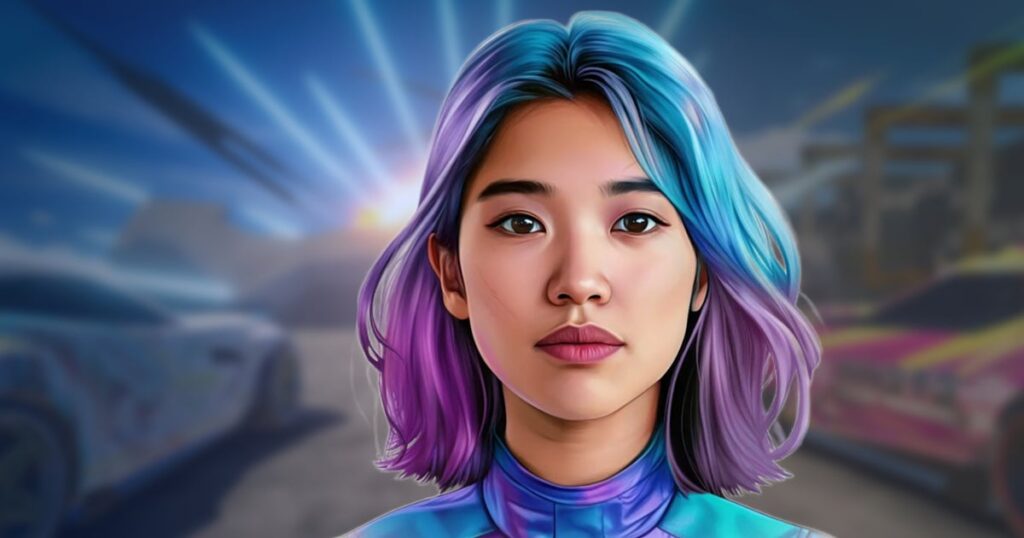
In the rapidly evolving world of gaming, remakes and remasters have become a significant trend. As technology advances, these updated versions allow players to experience their favorite games anew on modern platforms. For developers and publishers, these rereleases offer a cost-effective way to reach a broader audience, especially in an industry where budgets are tight, and new projects require years of development with no guaranteed return on investment.
The frequent re-releases of games like Naughty Dog’s The Last of Us have become a running joke among gamers. Yet, the launch lineup for the Nintendo Switch 2 is packed with revamped versions of existing titles, and earlier this year, the remake of Bethesda’s The Elder Scrolls 4: Oblivion garnered more attention than many new releases. This trend underscores the industry’s reliance on remasters as a viable business strategy.
AI in Game Development: A Double-Edged Sword?
Recently, developers have started leveraging artificial intelligence (AI) to aid in remastering projects. A notable example is Forever Entertainment’s Front Mission 3, which used AI assets that sparked online criticism. The discourse suggests that soon, developers might use generative AI to handle the entire remastering process.
AI remains a contentious topic within the gaming community. The Microsoft-backed generative AI tool, Muse, faced widespread disdain, and there are concerns about the environmental impact of power-intensive AI technologies. Moreover, the potential human cost of AI has been highlighted by the SAG-AFTRA strike, which raised issues about AI’s impact on actors.
Project Kara: Pushing AI Boundaries in Game Remasters
Despite skepticism, some publishers are committed to exploring AI’s potential in game development. Keywords, a prominent publisher, is investigating AI’s limits with Project Kara, aiming to determine if generative AI can fully remaster a game by 2025. This follows Project Ava, an earlier attempt to create a 2D game using only AI, which concluded that AI couldn’t replicate human talent.
Project Kara involves remastering the mobile game Detonation Racing using AI tools at every stage. As lead artist James Roadley-Battin explained, the project aims to test AI technologies and share findings with other developers. The remaster involved overhauling visual and audio elements, including skyboxes, graphic designs, and voice commentary, using a combination of AI tools and human input.
“Any individual tool wasn’t great by itself,” Roadley-Battin noted. “But by combining different tools, we could achieve more comprehensive results.”
Human and AI Collaboration: A Necessary Partnership
Throughout the project, human input remained crucial. Developers selected AI tools and refined their outputs, a sentiment echoed by major platform holders like PlayStation. For instance, generating a building asset involved using an image generator, a 2D to 3D model converter, and human optimization to ensure accuracy.
Roadley-Battin highlighted audio speech tools as an example of human-AI collaboration. The remaster added AI-generated commentary, requiring human intervention to train the AI voice for the dynamic energy needed in a racing game. This collaboration extended to lighting, where AI analyzed concept art to set parameters for the game engine, with human artists refining the results.
The Future of AI in Game Development
As AI tools mature, they are seen as “force multipliers” that free developers to focus on creative tasks rather than monotonous work. Jon Gibson, head of studios at Electric Square, explained that AI could indirectly enhance games by handling routine tasks, allowing developers to add new features like tracks, cars, and characters.
However, the use of AI raises concerns about the potential human cost. AI might reduce the need for junior developers and alter traditional training paths. Yet, proponents argue that AI empowers developers by automating tedious tasks, enabling them to pursue more ambitious projects.
“AI is like a trusted assistant,” said Stephen Peacock, Keywords’ head of gaming AI. “It’s about knowing what tasks AI can handle and where human expertise is still required.”
Balancing Innovation and Tradition
While AI tools are not yet capable of replacing entire departments, they are becoming increasingly specialized and usable. This specialization makes them more acceptable to creative professionals, as they assist rather than replace human roles.
As the industry continues to integrate AI, it faces the challenge of balancing innovation with traditional methods. The success of AI in game development will depend on its ability to complement human creativity and enhance the gaming experience without sacrificing quality or employment opportunities.
Ultimately, whether AI-driven remasters will become a staple in the gaming industry remains to be seen. The results of projects like Project Kara will play a crucial role in shaping the future of AI in game development, offering insights into the possibilities and limitations of this emerging technology.







